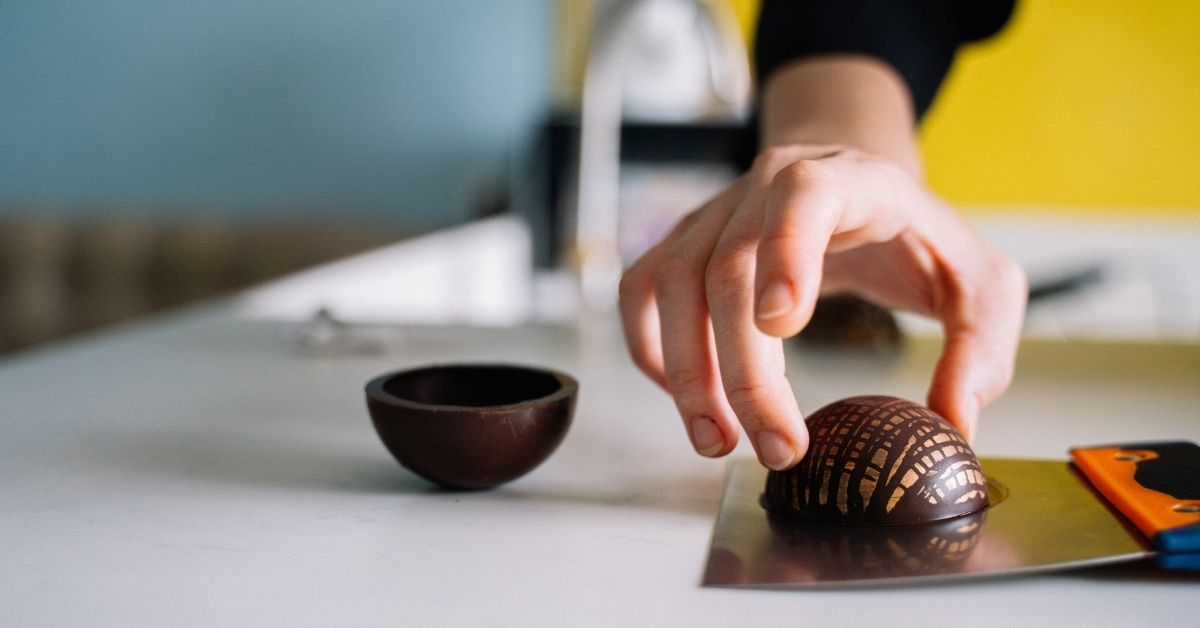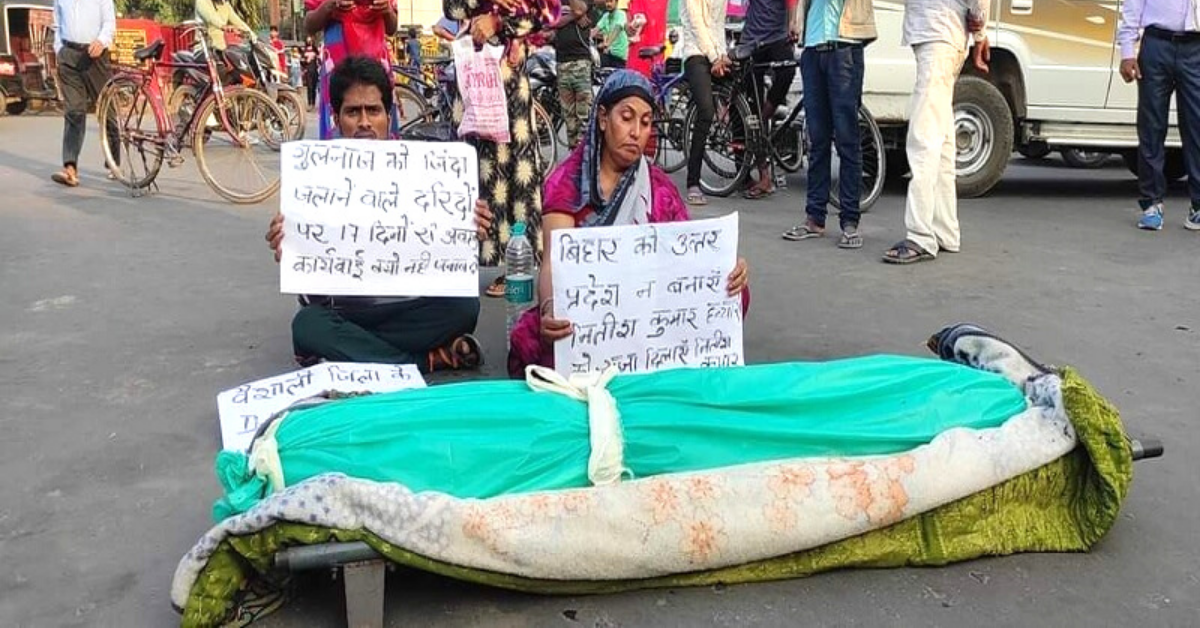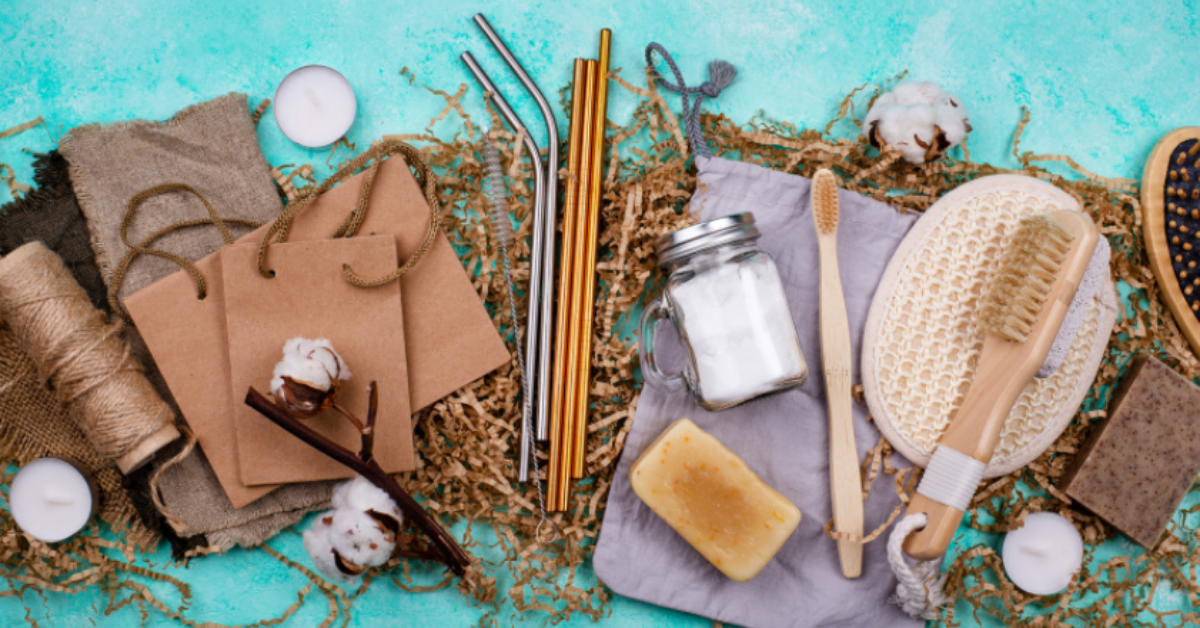Winter has set in. The cold air brings in relief from the heat, but it also brings along with it the possibility of various skin problems that affect women’s health.
Our skin loses a lot of moisture because of cold air, low humidity, and high winds outdoors. Bacteria and viruses are prevalent in the cold season. Our immune system needs to work harder in order to fight these germs. This makes the immune system weaker, which can cause more problems with your skin than usual. Paying a little more attention to skin care in winter can help in reducing these problems and preventing skin infections which add to women’s health woes.
Common Skin Problems that affect women’s health in the winter
1. Dry skin
Dry skin in winter becomes a common skin problem with increasing age. As the skin becomes thinner with increasing age, it can no longer absorb as much moisture from the air.
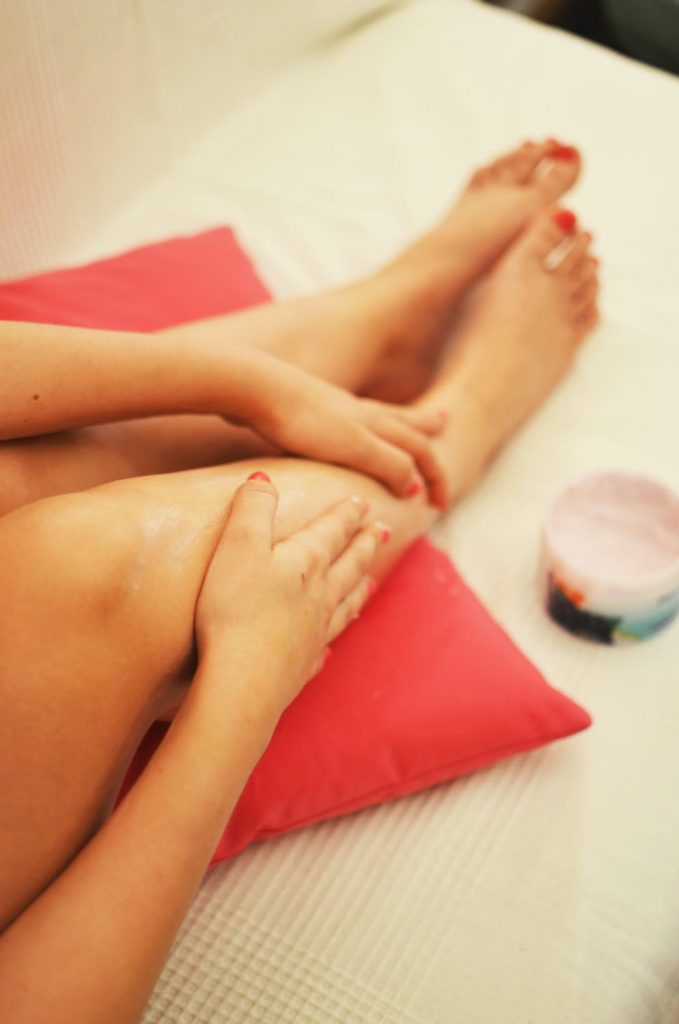
Due to the dry air and lack of moisture, the skin becomes irritated and dehydrated, causing itching and scaling. In some cases, it tends to become red and swollen too and can be painful. Chronic skin problems such as eczema and psoriasis are also aggravated by cold, dry air.
It may be a good idea to invest in a humidifier if you are one of those who get severe itchiness. In many cases, it is the dead skin cells on the body that cause itchiness. Taking a shower with hot water opens up the pores. Exfoliating the skin when showering can remove the dead skin cells and give relief from itchiness.
2. Acne
Acne is one of the most common skin problems that affect people of all ages in winter. Acne can happen on any part of the body, but it is most common on the face, neck, chest, back, shoulders, and upper arms. It can sometimes be painful and unsightly. The major reason for acne is the overproduction of oil that can lead to clogged pores, dead skin cells, and bacteria on the skin.
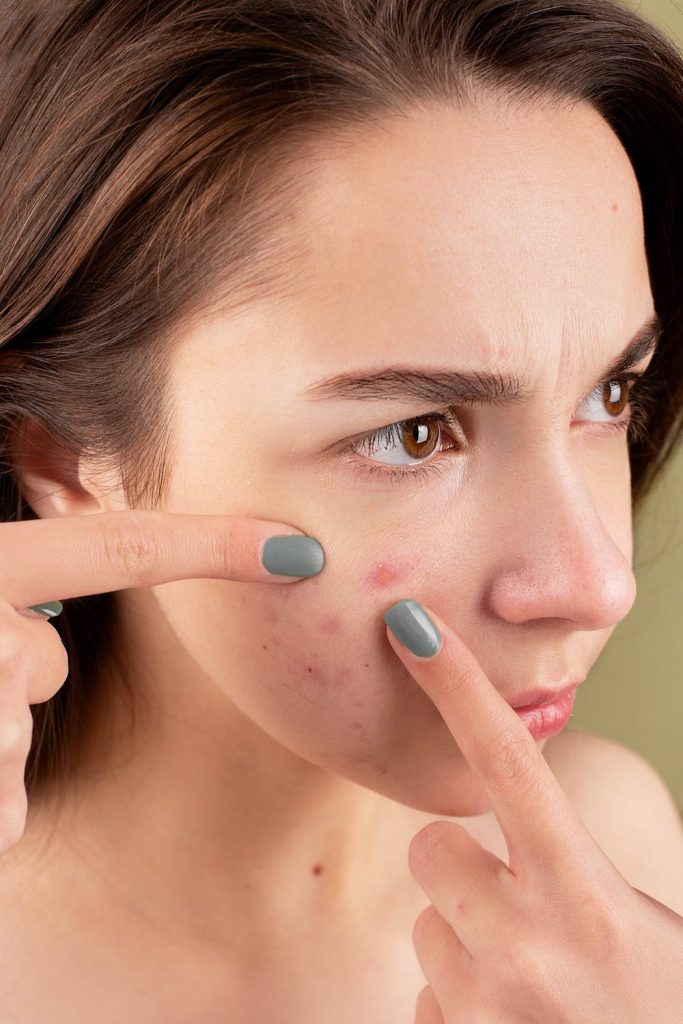
It is a natural tendency to reach out and touch the affected area, especially on the face. But it can be noticed that reducing the times we touch our face reduces acne as well. Gentle cleansers and moisturizers can also help pesky acne that is caused by the cold. A dermatologist can also provide antibiotic treatments to help rid your skin of acne issues.
3. Chapped lips

Splitting and cracking can also occur in severe cases, which is painful and can sometimes even cause bleeding. One of the most common mistakes people make is licking their lips while out in the cold. This causes severe lip irritation and can make the chapping worse. The best way to prevent this is by using a good lip balm that will moisturize the lips and provide them with extra hydration.
4. Dandruff
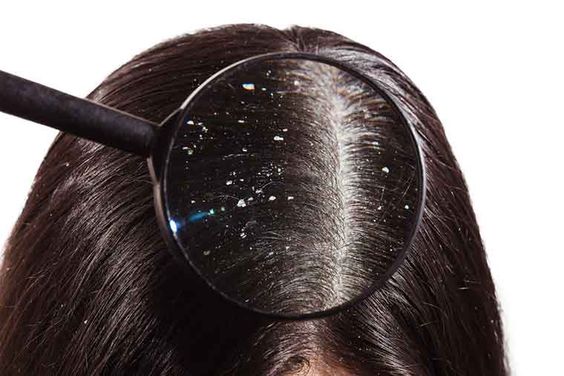
During winters, there is a lack of moisture content in the air, which makes it dry. And this eventually leads to dryness of the skin and also the scalp. Drying of the scalp leads to dandruff.
We also tend to consume less water during winters. This causes dehydration. Dehydration is also a reason for dandruff.
Wearing a cap or a hat, especially one that’s made of wool and infrequent hair wash are also other causes of dandruff.
Keeping the hair and scalp clean, and regular oiling can give some relief for dandruff. However, when severe and in need of personalized treatment, it is recommendable to see a dermatologist.
5. Dull Skin/Oily Skin
Dull skin is a common complaint in winters. This is because the dry weather lessens the natural oils from our skin that usually keep the skin smooth and healthy.

We should try to avoid using excessively hot water in winters, as it opens up pores and further reduces the natural oils. Instead, it is advisable to use warm or lukewarm water to wash your face so we don’t strip away essential oils. Use a gentle facial cleanser every day with no strong fragrances or perfumes added is recommended.
Many people also tend to experience oilier skin during winters. This is because the oil glands tend to secrete more oil to combat the dry skin, and sometimes they tend to go overboard. This causes the pores to enlarge and the skin to look greasy. Use a cleanser with oil control in such cases.
6. Dry and irritated nose
Cold air not only dries out your skin and chaps your lips, but it can also dry out the nose and causes irritation. Winter is also a bad time for people with pollen allergies which cause a runny nose. Cold and flu are also rampant in winters resulting in a dry and irritating nose.

The use of a humidifier inside the house goes a long way in reducing dryness. In addition to treating the source, tips like using saline solution to keep the nasal cavities moistened can provide some relief to the symptoms.
7. Cracked heels

Painful, cracked heels are a common skin condition, especially in winter. They are often caused by dry skin. In some cases, dry cracked feet can lead to infection or make walking painful.
Moisturizing the feet by frequent application of petroleum jelly can help. Putting on a pair of socks overnight is also a tried and tested remedy. Medicinal applications are also available to treat cracked heels.
Some Tips to Prevent Skin Problems in Winter
Each problem requires a unique treatment depending on the severity. But here are some preventive measures that we can take to avoid skin problems in winter –
- Keep your skin moisturized throughout the day
- Drink enough water
- Use a sunscreen
- Avoid harsh skin care products in winter
- Avoid using hot water for taking a bath. Lukewarm water should be good.
- Exfoliate the skin in regular periods
- Invest in a humidifier
- Try to get some sunlight during the day. It is the natural source of Vitamin D.






